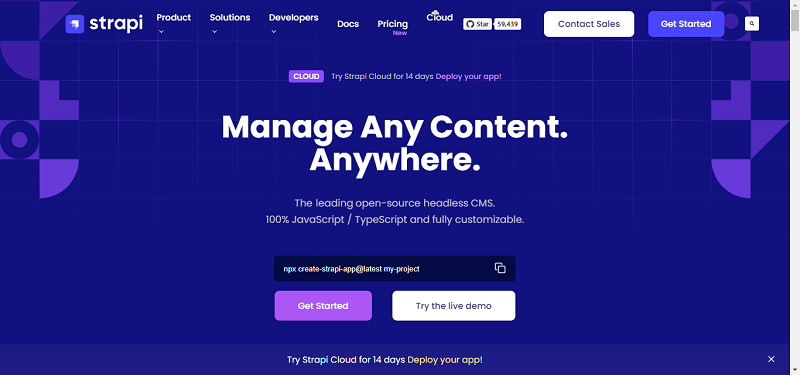The tech retail industry is constantly evolving to meet the ever-changing needs of consumers. This transformation is influenced by e-commerce, social networking and the latest technologies. Today’s shoppers expect a connected and interactive consumer experience from start to finish. According to a report by the National Retail Federation, it is a projected that retail sales (this includes automobiles, gas stations, and restaurants) will grow at around 3.1% this year – that is higher than the 10-year average of 2.7%.
As the size of the retail industry continues to grow, so does the pressure of retailers to satisfy the expectations of consumers. Retailers are expected to provide a seamless consumer journey across multiple channels as well as personalized offers based on consumer location and shopping habits. According to a recent survey by Accenture, 74% of surveyed retailers were ranked at or below “underdeveloped” to deliver a seamless customer experience. The survey further showed that 72.5% of retailers described having underdeveloped or absent capabilities in making the end-to-end shopping experience across different channels.
Innovation: As the competitive landscape is constantly evolving, innovation is needed to keep pace.
Agility: Agility is a key factor for differentiation as it enables rapid development and deployment of new solutions.
New Technology: To stay ahead in the retail game, investing in new technologies and capabilities will be required.
Cloud computing is a very effective solution for retailers to build capabilities quick enough to attract consumers; it allows for them to adapt their offerings to meet the expectations of today’s digitally connected consumers throughout their shopping experience. In addition, retailers will start to recognize cloud computing as a cost effective technique that can enable rapid adoption of the latest solutions. There are those in the retail industry that are starting to recognize the potential of cloud technology and are utilizing it to their advantage.
The benefits of cloud computing for retail are numerous, to include:
Below are a few areas where cloud computing is influencing the retail industry:-
One challenge for many retailers is the ability to sort through mountains of data, both internal and external, looking for insights and patterns to help them make merchandising decisions. Cloud technology can help in personalizing the in-store experience by analyzing digital data to fully understand their consumers. For example, there are mobile apps that can detect when a user steps in a store, sending them relevant promotions and coupons. There are also cloud-based social tools which give consumers the power to shop whenever and wherever they want.
At present, many stores have fragmented legacy systems (i.e. inventory, reporting, shipping) that are used to run their operations. However, this means that data in each of these systems are stored in different formats. With cloud, retail-as-a-service (RaaS) is a possible solution as it brings multiple operational processes into a single cloud platform. With RaaS, both hardware and software updates can be handled by cloud Service Providers. The number of retailers adopting RaaS will surely increase in the near future.
Tablets and smartphones are now serving as POS systems, handling inventory, payments, and location information. These POS systems are eventually transitioning to the cloud. According to Accenture, Nordstorms was an early adopter of mobile POS systems, having implemented these systems in all of its stores by mid-2012.
Not many retailers have adequate supply chain systems that are capable of handling their processes. However, with cloud supply chain, retailers can capture real-time information, as well as adjust to various conditions or even take advantage of new opportunities. Retail processes such as data tracking can be made easier through cloud technology.
As retailers adopt and utilize cloud technology, they will find themselves embarking on a path of differentiation and competitive advantage.
By Joya Scarlata





